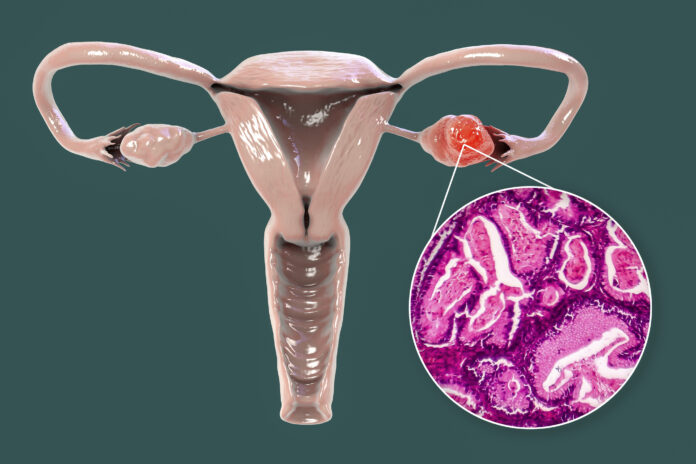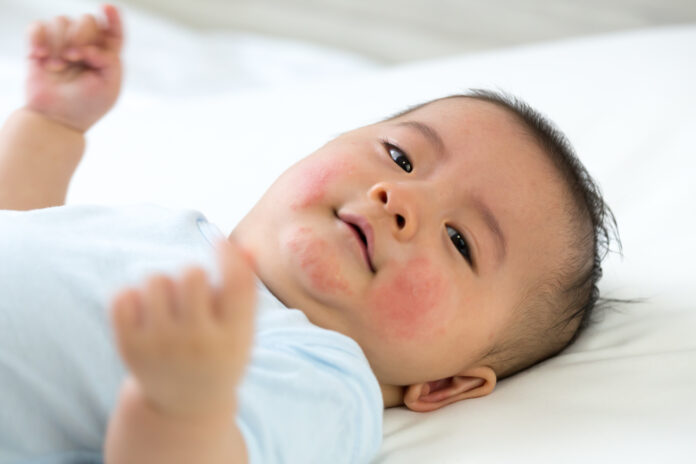Faming Zhang, MD, PhD
Credit: Gut Microbiota for Health

Results from a prospective observational study of patients treated with washed microbiota transplantation (WMT) are highlighting its safety and efficacy for the treatment of Clotridoides difficile infection (CDI).
Patients who underwent WMT experienced a 90.7% clinical cure rate, with no difference observed between patients with primary CDI and recurrent CDI but a slightly lower rate among those with severe and complicated CDI.1
“It has been pointed out that the participants included in randomized controlled trials do not adequately represent the population of patients with CDI due to most patients who meet the guideline criteria for FMT are either ineligible or unwilling to participate in trials,” wrote investigators.1 “Therefore, we conducted this real-word study in a more representative population with diverse clinical characteristics and medical settings, aiming to better demonstrate the true efficacy and safety of WMT for CDI.”
Standard treatment for CDI involves antibiotics, but many patients continue to suffer from repeat infections. Fecal microbiota transplantation (FMT) offers a viable treatment option for patients who do not respond to antibiotic therapy and involves transferring a healthy microbiome from the feces of a donor to a recipient, which restores healthy bacteria in the lower intestine to help control CDI and keep it from coming back. WMT is a new method of FMT using washed microbiota from feces.2,3
Senior investigator Faming Zhang, MD, PhD, vice chief of the medical center of digestive diseases at Nanjing Medical University in China, and a team of investigators assessed clinical cure rate, total abdominal symptom score, and recurrence rate in patients with CDI treated with WMT at medical centers applying for rescue WMT through the China Microbiota Transplantation System from October 1, 2021, to September 30, 2022.1
To be included in the study, patients were required to have ≥ 3 liquid stools (Bristol 6-7) per day or present with confirmed intestinal obstruction and notable abdominal distention correlated with CDI, a diagnosis of CDI confirmed through laboratory tests, or colonoscopy-confirmed pseudomembranous colitis. Patients who did not receive WMT, partially responded to previous antibiotic treatment before WMT but did not meet the criteria for clinical cure, or were previously treated with FMT for episodes of CDI were excluded from analysis.1
In total, investigators enrolled 54 patients with CDI who underwent a total of 105 WMTs. Among the cohort, 63% of participants were male, 68.5% were under the age of 65, and 55.6% had severe and complicated CDI. The major causes of CDI were the use of antibiotics (48.1%) and being immunocompromised (51.9%). Prior to WMT, 48.1% of patients had been treated with metronidazole/ornidazole/tinidazole, 40.7% with vancomycin, and 7.4% with other antibiotics. Of the 37 patients who experienced primary CDI, 56.7% (n = 21) underwent WMT as the first-line treatment and had not received antibiotics prior to WMT.1
Upon analysis, 49 (90.7%) patients achieved clinical cure, defined by investigators as the resolution of clinical symptoms or a negative CDI test. There was no difference in the clinical cure rate between patients with primary CDI and recurrent CDI (91.89% vs 88.23%; P = .645), as well as between patients from southern and northern China (92.31% vs 86.67%; P = .610). Of note, the clinical cure rate among patients with severe and complicated CDI was less than those without severe and complicated CDI (83.3% vs 100.0%; P = .059).1
Patients with a WHO performance score of 4 (P = .018), aged 65 years or older (P = .030), a greater Charlson Comorbidity Index score (P = .034), and a greater total abdominal symptom score (P = .010) before WMT were more likely to experience clinical failure. During the minimum 8-week follow-up period, 4 (8.16%) patients experienced CDI recurrence.1
Investigators pointed out WMT-related adverse events were observed in 3.8% of the 105 WMTs, with no difference in the rate of adverse events between patients with and without severe and complicated CDI (3.33% vs 4.44%, respectively; P = 1.00). Delivery through upper GI (5.1%) or lower GI (3.0%) did not affect the incidence of adverse events (P = .627). Fresh (6.7%) or frozen (2.7%) microbial status also had no significant impact on the incidence of adverse events (P = .322).1
“The current study demonstrates the attractive efficacy and safety of WMT in patients with CDI. The broad inclusion of CDI patients with varying clinical characteristics enhances the representativeness of our real-world study, thereby providing valuable insights into clinical practice,” investigators concluded.1
References:
- Wu X, Ai R, Xu J, et al. Washed microbiota transplantation for Clostridioides difficile infection: a national multi-center real-world study. Journal of Digestive Diseases. doi:https://doi.org/10.1111/1751-2980.13227
- Mount Sinai. Fecal Microbial Transplant. Digestive Diseases – Gastroenterology. Accessed September 28, 2023. https://www.mountsinai.org/care/gastroenterology/services/fecal-microbial-transplant
- Johns Hopkins Medicine. Fecal Transplant. Treatments, Tests and Therapies. Accessed September 28, 2023. https://www.hopkinsmedicine.org/health/treatment-tests-and-therapies/fecal-transplant










